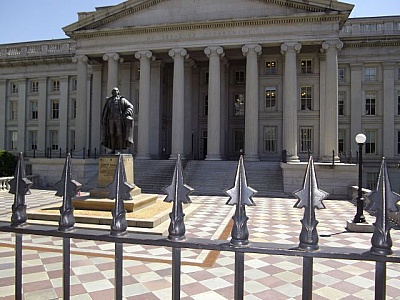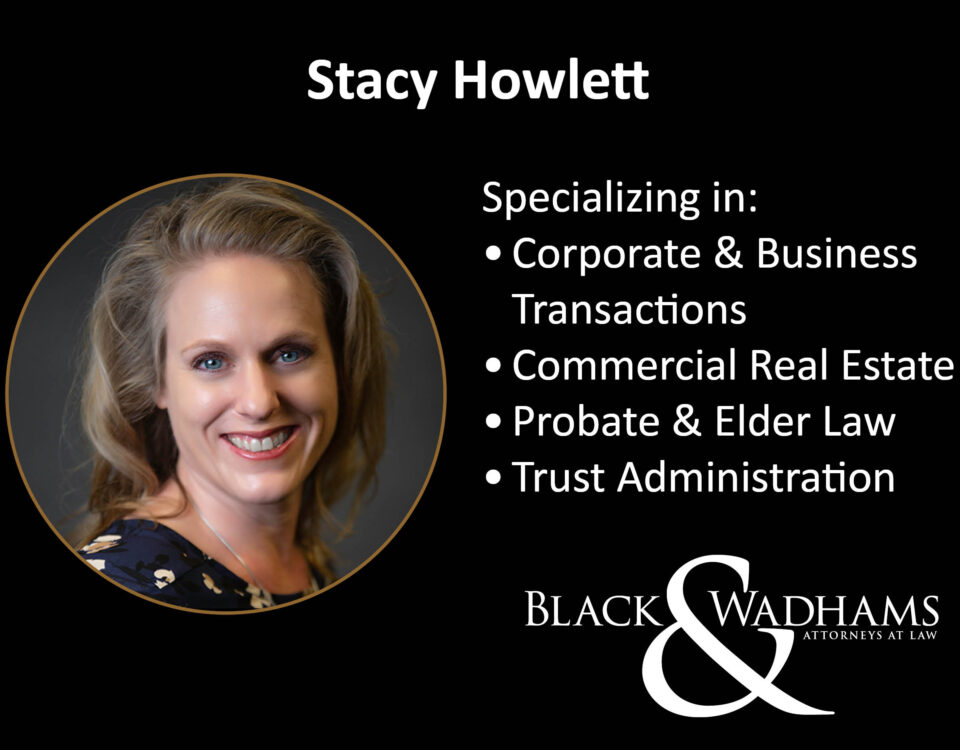Voluntary strategic defaults pose a new wave of defaults hitting the already battered housing market. A strategic default is voluntary. It occurs when the borrower decides to stop making payments, or defaults on a home mortgage despite having the financial ability to make the payments. Usually, this occurs after a substantial drop in the house’s estimated value, making the debt owed considerably greater than the value of the property.
Strategic defaults are a new phenomenon. It use to be that Americans would do anything to pay their mortgage such as forgo a new car or a vacation or even put a younger family member to work. The recent housing collapse, however, left 10.7 million families owing more than the worth of their homes. As a result, some of these homeowners are making calculated decisions to hang onto their money and letting their homes go. Is this irresponsible?
Businesses make such calculations routinely. For example, Morgan Stanley recently decided to stop making payments on five (5) San Francisco office buildings which it purchased at the height of the boom and their value had plunged. Big businesses have routinely made calculated decisions to no longer make debt payments because they would never be able to recover the initial investment price.
Although nobody has accused Morgan Stanley of immorality, the average American would be considered dishonest for not honoring his debts according to some in the mortgage industry and government. Former Treasury Secretary Henry M. Paulson Jr. declared that “any homeowner who can afford his mortgage payment but chooses to walk away from an underwater property is simply a speculator … and one who is not honoring his obligation.” Ironically, Paulson did not seem so censorious of speculation during his 32-year career at Goldman Sachs.
President Obama’s administration continued this moral suasion as he urged homeowners to follow the “responsible” course. Moreover, HUD-approved housing counselors routinely urge people against foreclosure. Such counseling results, in many cases, contribute to people throwing away money. Brent White, a University of Arizona law professor, notes that a family who bought a three-bedroom home in Salinas, California at the market top in 2006, with no down payment would, theoretically, have to wait 60 years to recover their equity. On the other hand, if they voluntarily defaulted on their mortgage and walked away from their home, they could rent a similar house for a pittance of their monthly mortgage. Granted, their credit would be bruised but ultimately, they would recover faster than their equity-position.
There are two reasons why so-called strategic defaults have been considered antisocial and perhaps amoral. One is that foreclosures depress the neighborhood and drive down prices. In a free market society, however, people are not responsible for the economic effects of their actions. For example, oil speculators help drive up gasoline prices. Every hedge fund that speculates against a bank by purchasing credit-default swaps on its bonds signals skepticism about the bank’s creditworthiness and helps to drive up costs for the bank to borrow and, in turn, to issue loans. For a free market to work, we must all be economic pin balls, insensibly colliding for better or worse.
The other reason is that defaults degrade the credit character of the borrower. Once, perhaps, when the relationship was with a banker who held onto a mortgage for thirty (30) years, there was a moral high ground. These days, however, lenders typically unload mortgages within days or minutes. The relationship centers more on the value of the asset rather than the bond between lender and borrower. The moral hazard, one could argue, begins with the lender.
Compare a private-equity firm that shuts down a factory because the company is worth more dead than alive or fires a money-losing hedge-fund manager. Rather than trying to earn back investors’ lost capital, they start new funds to rake in fresh incentives. In both these situations, it is not the relationship that decides whether to forego the asset but rather the economics of the situation, or, which option is more profitable in the long run.
Pundits adverse to strategic defaults forget that the borrower does not escape unharmed. Mortgage holders sign a promissory note which is a promise to pay and the contract explicitly details the penalty for nonpayment; a surrender of the property. The borrower isn’t escaping the consequences; he is suffering them by losing the property.
Given that nearly sixty-five percent (65%) of mortgages in Nevada are underwater, it is surprising that more people haven’t defaulted. People are not walking because of the desire to avoid shame or overblown fears of harm to credit ratings. Some homeowners remain under a delusion that their homes will quickly return to value at the same rate housing prices increased in the early to mid 2000’s. The reality of the situation is that home prices will take years, if not decades, to return to price levels seen in 2005-2006.
As such, the government should stop perpetuating default “scare stories” and, indeed, should encourage borrowers to default when it’s in their economic interest or push lenders to modify loans in a meaningful manner. Such action would correct the prevailing imbalance of homeowners operating under a “powerful moral constraint” while lenders try to maximize profits. More importantly, it might get the system “unstuck”. If lenders feared an avalanche of strategic defaults, they would have an incentive to renegotiate loan terms. This, in theory, could produce a wave of loan modifications; the very goal the U.S. Treasury has been pursuing to end the crisis, preserve ownership and stem the tide of falling home prices.
No one says defaulting on a contract should be the preference or that, in a perfectly functioning society, defaults should be the rule. But to put the onus for restraint on ordinary homeowners seems rather strange when big business is not pressed to do the same.
The continuing investment of dollars, either in a business or residence, should always make sense.
Tisha Black-Chernine, Esq.


